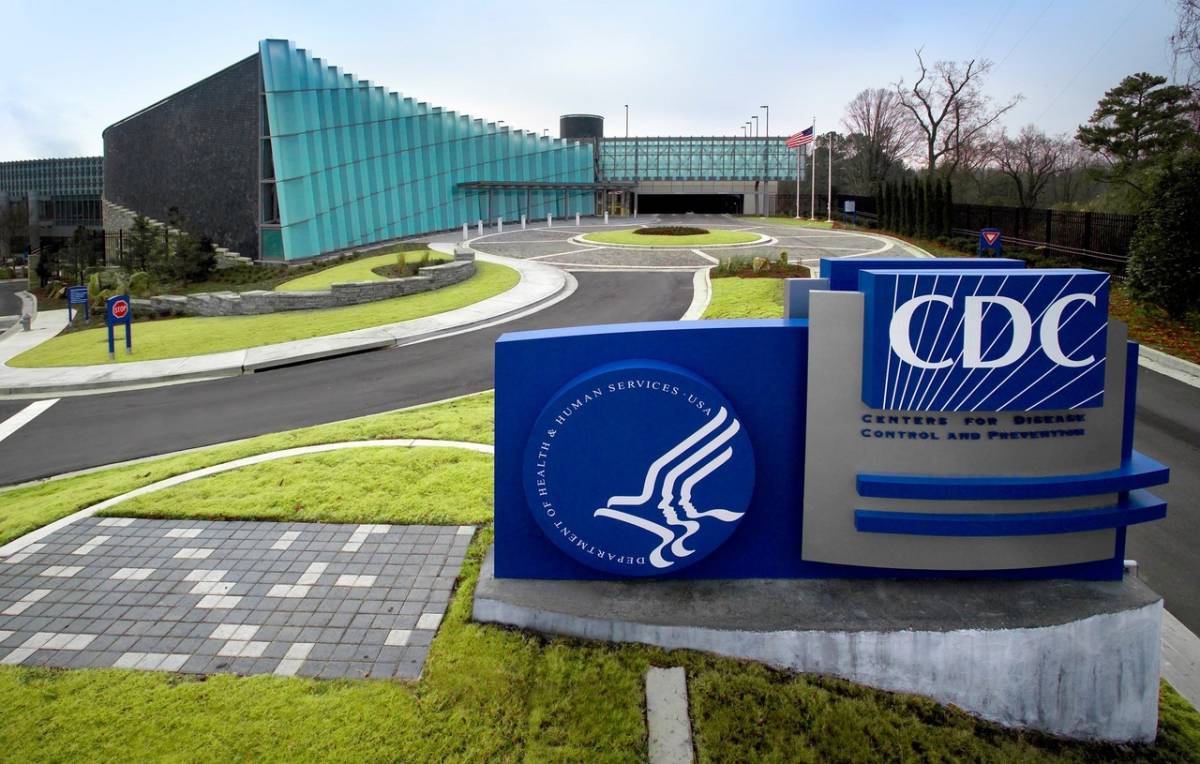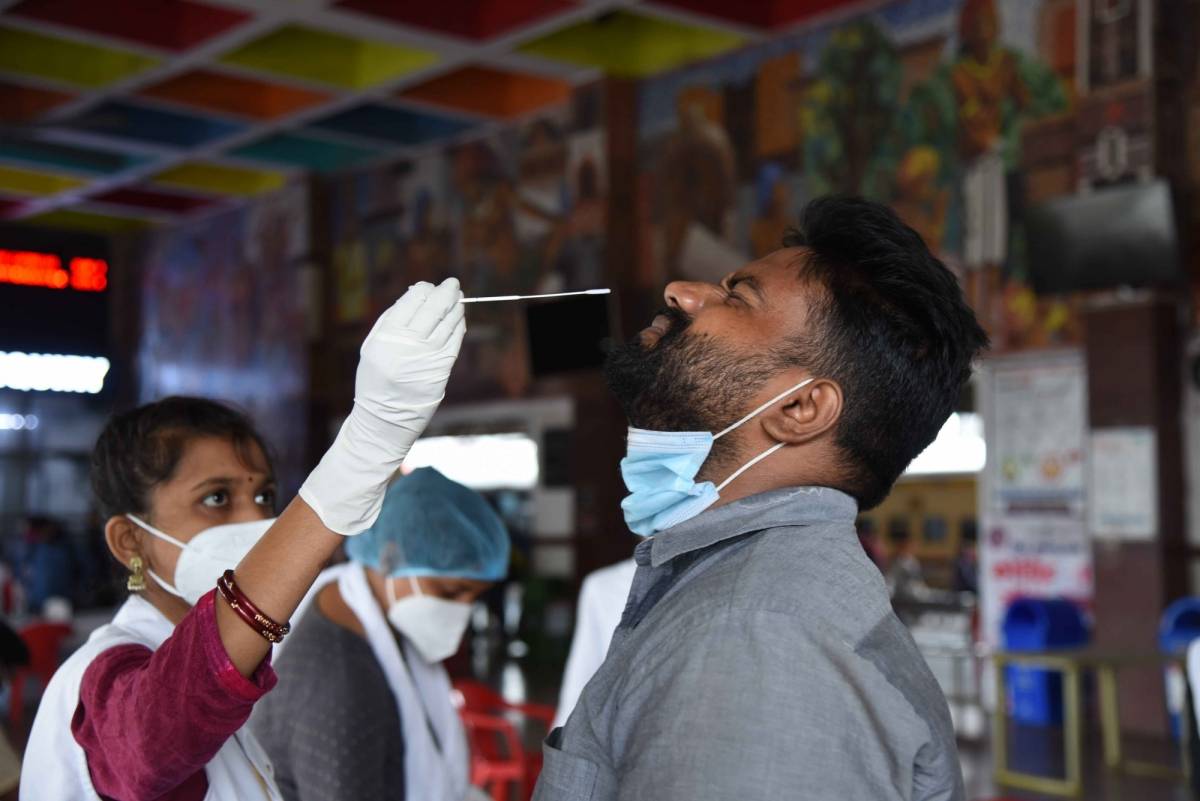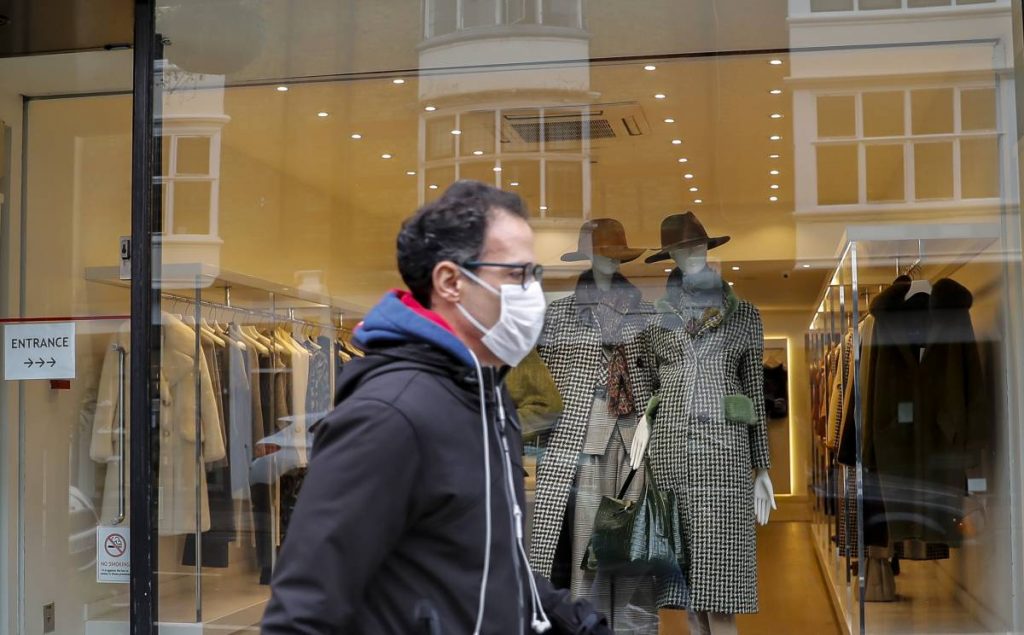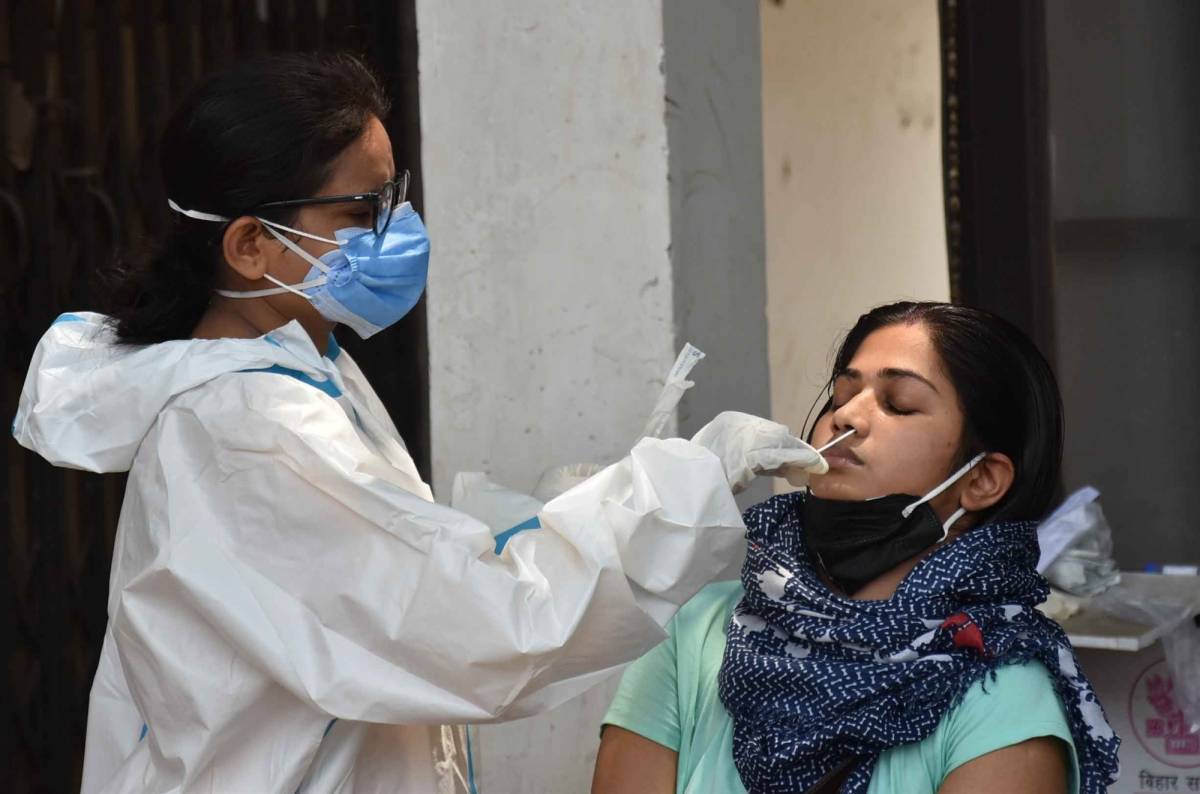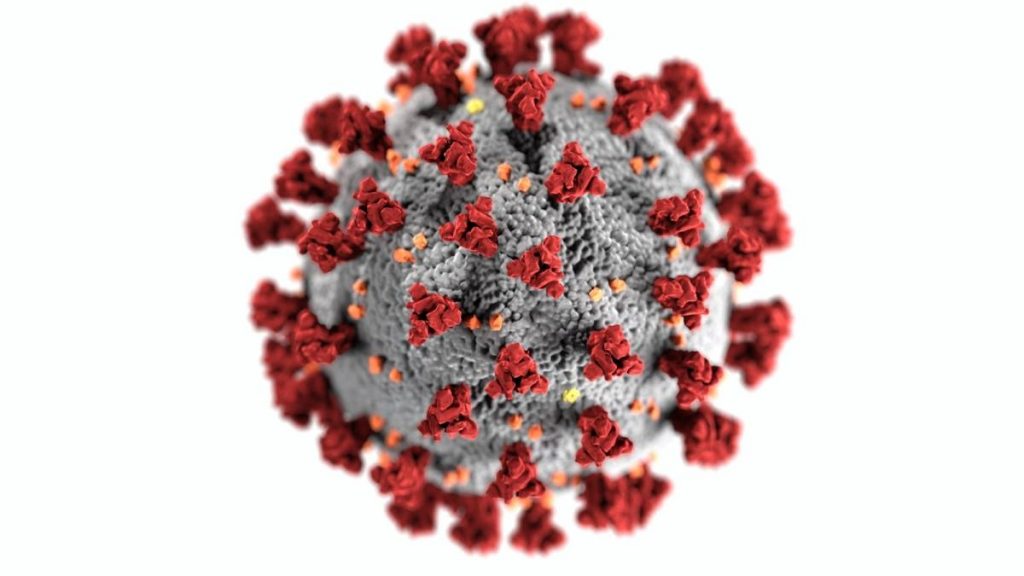The Delta variant, which was dubbed a ‘variant of concern’ by the World Health Organization (WHO) on May 10, accounts for around 9.9% of all Covid-19 cases in the United States…reports Asian Lite News
The United States Centers for Disease Control and Prevention (CDC) has classified the Delta variant of the coronavirus disease (Covid-19), first identified in India, as a “variant of concern.”
Previously, the Delta Covid-19 strain was only considered a “variant of interest” by the CDC, but its status was changed to a “variant of concern” after assessing the Delta variant’s high transmissibility, among other factors.
Along with the Delta variant (B.1.617.2) of Covid-19, a few other variants circulating in the United States have also been classified as ‘variants of concern’, a CDC statement published on Tuesday read. These include the B.1.1.7 (Alpha), B.1.351 (Beta), P.1 (Gamma), B.1.427 (Epsilon), and B.1.429 (Epsilon) Covid-19 variants.
The CDC said the Delta variant shows increased transmissibility, potential reduction in neutralisation by some monoclonal antibody treatments under emergency authorisation, and potential reduction in neutralization from sera after vaccination in lab tests.

ALSO READ: Covid-19 vaccine safe for pregnant women: CDC
A particular Covid-19 variant is only dubbed ‘variant of concern’ when scientists believe that coronavirus strain is shows increased transmissibility and a chance to cause more severe disease. Vaccines, treatments, and tests that detect the virus may also be less effective against a variant of concern.
The Delta variant, which was dubbed a ‘variant of concern’ by the World Health Organization (WHO) on May 10, accounts for around 9.9% of all Covid-19 cases in the United States, the CDC estimates. However, to date, no variants of high consequence have been identified in the country, the public health body explained in its statement.
President Joe Biden and his Chief Advisor Dr. Anthony Fauci last week have warned that the Delta variant of the novel coronavirus is highly infectious, which is now the dominant strain in the United Kingdom, spreading rapidly among young people between 12 and 20 years old.
ALSO READ: Covid-19 is airborne, CDC confirms

